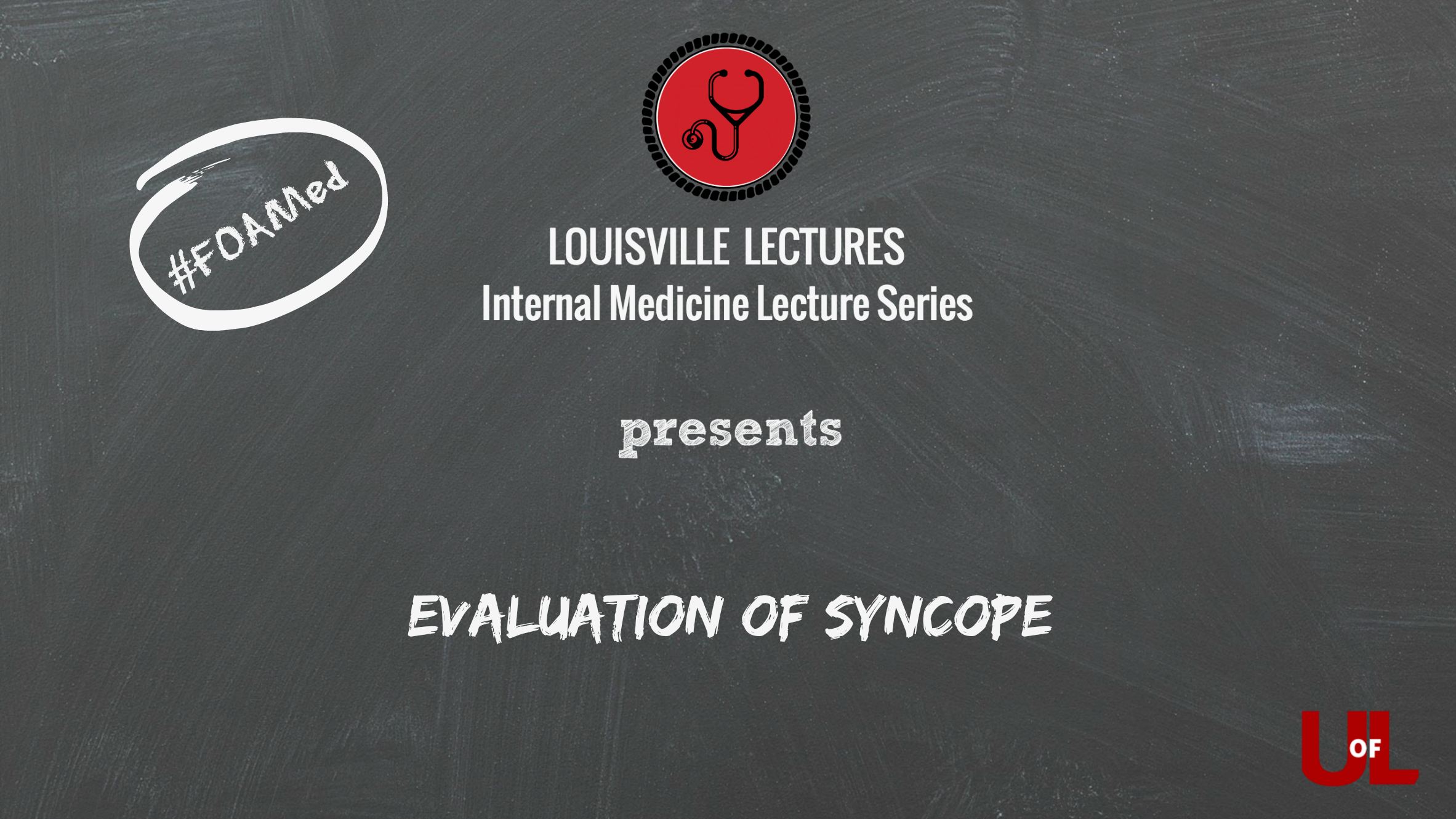cardiology
Our Chief Medical Resident for Education, Dr. Samuel Reynolds returns to give an introduction on abstract writing. He begins by describing an abstract and its importance and after, he discusses the general process of abstract writing.
Our Chief Medical Resident for Education, Dr. Samuel Reynolds, presents “Basic Science: Molecular Biology in Cardiovascular Disease”. He discusses the basis of Cardiovascular Disease from a molecular standpoint and emphasizes how arrhythmia and cardiac conduction impairment relates to coronary artery disease and how the development of structural heart disease can mean problems for our heart’s ability to conduct electrical signals. Please note: this presentation took place in our Didactics Zoom, so the audio may be harder to hear.
Dr. Lorrel E.B. Toft returns to the University of Louisville to deliver a much needed Boards Review on Cardiology.
Dr. Shahab Ghafghazi presents "Valvular Heart Disease" and focuses mainly on aortic stenosis through various definitions and case reports.
Dr. Chris Migliore presents The Approach to Chest Pain by first discussing the epidemiology of chest pain or cardiac presentations. He then lists and discusses the important symptoms of chest disease. After, he reviews elements of the chest physical exam and finally, he reviews the fundamentals of clinical reasoning concerning chest pain.
Dr. Lorrel Brown is here to present something a little different: CV Prevention. Dr. Brown first lists Life's Simple 7 approach to prevention of cardiovascular disease as well as how to apply appropriate screening methods for LS7 in clinic patients. She then discusses how to properly treat conditions associate with LS7 and and finishes by giving examples of simple recommendations for patients to move towards ideal cardiovascular health.
Louisville Lectures's most requested lecturer is back! Dr. Lorrel Brown presents Cardiac Arrest and her journey to discover whether education can improve the outcomes. First, she explains the postulated reasons for the variability in survival following out-of-hospital cardiac arrest as well as the gaps between the best practices and real world practices with regards to CPR. She then defines CPR skill retention rates under current methods of instruction and finishes with different ways in which ongoing educational efforts seek to improve outcomes following cardiac arrest.
Dr. Mitchell presents Syncope by first discussing the different types of Syncope as well as cost effective evaluations. She then discusses risk stratification along with management and complications.
Dr. Lorrel Brown discusses the Hypertensive Crisis by first defining hypertension. She then defines hypertensive crisis as having severely elevated blood pressure with end-organ damage. After, she discusses the pathophysiology of end organ damage along with the different treatment approaches for hypertensive crisis. Finally, she finishes her presentation with a few case reports.
Dr. Mokshagundam presents Lipid Disorders by going over basic aspects of lipoprotein transport and metabolism and how it can be problematic. He then discusses the recommendations for managing lipid disorders.
Dr. Lorrel Brown presents Aortic Stenosis by first describing how medicine cannot fix a mechanical problem. She then describes the symptoms of aortic stenosis along with the mainstays of treatment: diuresis, after load reduction, and avoiding hemoydynamic shifts.
Dr. Abramov covers acute decompensated heart failure. starting with a review of the underlying pathophysiology and treatment. He then dives into the the roles of diuretics and beta blockers in acute exacerbations. Finally, he discusses indications for referring a patient to a heart failure specialist along with primary prevention measures.
As we welcome a new class of interns this July, our Louisville Lectures team wanted to highlight some of our most-viewed lectures. Our Boot Camp series will cover high-yield, critical topics that are useful to starting interns. We are starting with some basic EKG concepts and arrhythmia emergencies. Dr. Martin Espinoza and Dr. Lorrell Brown deliver two highly-watched videos.
In this lecture, Dr. Lorrel Brown takes time to discuss the indications, mechanics, and physiology of mechanical circulatory support. She provides a great introduction for internists to some of the most advanced ICU therapies. Dr. Lorrel Brown covers evidence and indications for various modalities like IABP (intra-aortic balloon pump), ECMO (extracorporeal membrane oxygenation), and percutaneous VAD (ventricular assist device).
In this concise talk, Dr. Jan Basile covers resistant hypertension including 24-hour ambulatory measurements, workup for secondary causes and evidence for pharmacologic treatments.
In this lecture, Dr. Mitchell discusses the etiology, evaluation, and workup of syncope in different age groups. She goes on to further discuss a guidelines based approach to diagnosis and pursuit of treatment options (including discharge to home, when appropriate).
In this action-packed lecture, Dr. Lorrel Brown covers ACS basics: coronary perfusion, types of myocardial infarction, and how to diagnose MI using history exam and EKG findings. She reviews ACS risk scores, acute treatment of ACS and some common pitfalls.
Dr. Rodrigo Cavallazzi covers the assessment of volume responsiveness including the static exam as well as dynamic markers to aid with treatment of shock without administration of excessive fluids. He spends some time on shock definition and physiologic compensation before discussing physical exam and laboratory findings consistent with tissue ischemia. Then, he delves into methods of determining pre-load responsiveness.
Dr. Lorrel Brown returns to discuss tamponade cardiac physiology (including demystifying pulsus pardoxus). She continues to cover the differentiation of constrictive and restrictive cardiomyopathies. This action-packed lecture concludes with stress cardiomyopathy and HFpEF (heart failure with preserved ejection fraction).
Dr. Lorrel Brown covers the common (and less common) results of MI using cases. She includes papillary muscle rupture and mitral regurgitation, free wall rupture, ventricular septal defects, right ventricular infarct, pseudoaneurysm, aneurysm, pericarditis and bradyarrhythmias. Free Open Access Medical Education for Internal Medicine.
Dr, Lorrel Brown covers the basics of shock including how to recognize cardiac shock from history, physical exam and invasive monitoring. She discusses physiology and interpretation of pulmonary artery catheterization and then covers choice of vasopressors for therapy.
Dr. Andrew Defilippis discusses his very practical research into the data behind cardiovascular risk scores. His findings on variations between different cohort studies have been published and debated the Annals of Internal Medicine this spring
Dr. Lorrel Brown recaps the electrical system of the heart then uses cases to discuss AV blocks and reviews many EKGs! This your chance to get inside the brain of a cardiologist!
Dr. Martin Espinoza covers differentiating Afib from Aflutter based on ECG features. Then he delves into therapeutic options including answering some FAQs of house staff officers.
Dr. Lorrel Brown gives a thorough review of aortic stenosis using cases: from making the diagnosis to management for asymptomatic and symptomatic stenosis including TAVR. She finishes with important clinical pearls to safely care for patients with aortic stenosis.
Dr. Michael Stillman covers the history of pre-operative evaluation, the ACC/AHA guidelines, and on optimizing risk of patients with major clinical risk factors.
Dr. Espinoza covers basic cardiac electrophysiology and what happens when it goes awry! He discusses supraventricular tachycardias (sinus tachycardia, atrial tachycardia, AVRT, AVNRT), atrial fibrillation and flutter, Wolff-Parkinson-White syndrome. He discusses recognizing features of ventricular tachycardia to differentiate it from SVT. Finally, he addresses management of tachycardias.
Dr. Glenn Hirsch discusses assessment and initial management of acute aortic syndromes: aortic dissection, intramural hematoma, penetrating aortic ulcer, rapid aneurysm expansion and aortic rupture.
In this lecture, Dr. Amit Dwivedi discusses perspectives on peripheral vascular disease tailored towards internal medicine providers from epidemiology, risk factors, diagnosis and treatment.






























Dr. Regan Wade presents "Heart Failure Pharmacology" by first reviewing heart failure pathophysiology as it relates to pharmacotherapy. She then discusses guideline directed therapy and other agents indicated to optimize heart failure care. After, Dr. Wade evaluates literature related to new therapies and indications for medications in patients with heart failure.